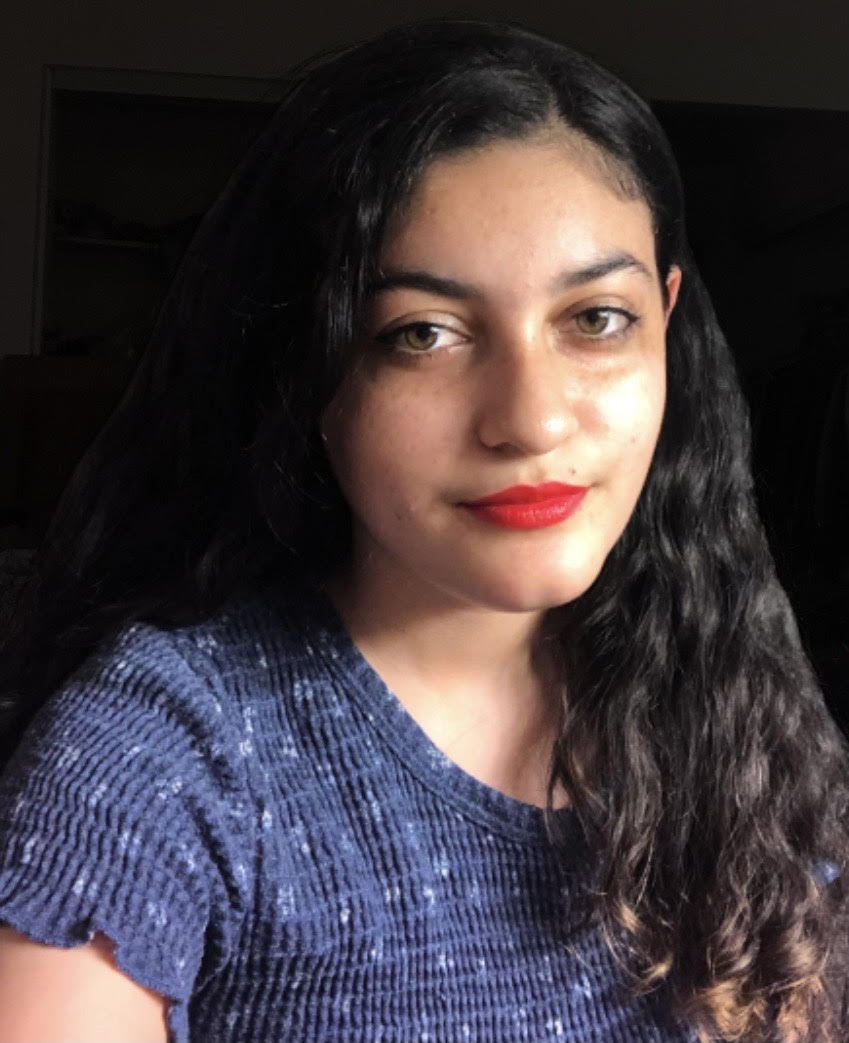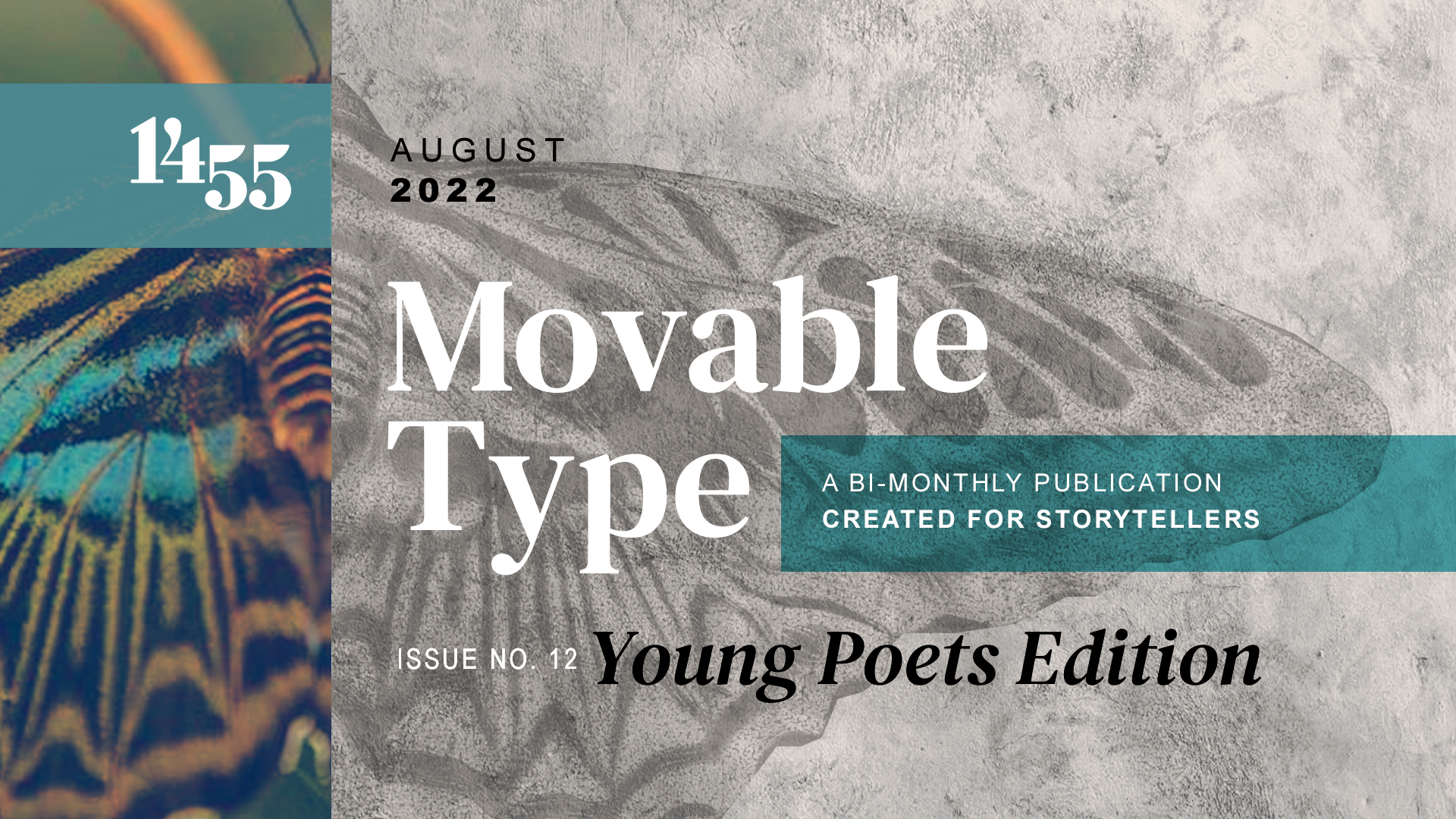Lucia Gonzales
& para nuestros papas
After Sarah Kay & Hanif Abdurraqib & Frank O’Hara
Dedicado a todas las personas que hicieron el viaje al norte, y a las que no alcanzaron.
Grand Prize, Category 2: Ages 19-25
it is father’s day & my father parks his pick-up truck at our apartment & says my grandfather has died (i mean to say my father’s father has died) & my father does not attend his father’s funeral & i now know why my dad has no religion, because sometimes god has too many families to take care of & my father’s father left his family for another woman & had a son who went to college & i am at the airport flying off to college because my father left his family for another country in the back of a pick-up truck on the way to an airport & i am five years old & my mother (i mean to say my father’s ex-wife) asks me if i know whether my dad has another family y le pregunto si tiene una novia & for years i mistake novia for wife & god was always my mother’s excuse for her mistakes & i am in high school telling colleges that my mother considers me her worst mistake & for years i mistake abuse for anger, so my dad drives me in his pick-up truck to our new apartment for the first time & for the first time, i realize i am the only family my father has ever known & i am at a college across the country and for the first time, i am away from the only family i have ever known & my cousin has just told me that our grandfather has died (i mean to say my mother’s father has died) & i now know why my grandmother is so religious (i mean to say my mother’s mother is so religious) because Jesús was once the name of the man she fell in love with & my mother does not attend her father’s funeral & i am at an airport pointed home & my father and i are on the 405 on the way home from the airport & he asks me if i’m hungry but i hear him say, “mija, i know what it is like to have a stomach filled only with your aspirations for tomorrow” & he shows me a picture of the morning sun painting herself across the sky at the airport construction site & i ask him if he’s read about the pick-up truck that crashed at the border
& we sit in silence
& we wonder, how many fathers won’t return to their families…

“& para nuestros papás” is a piece that encapsulates the most essential parallels I have observed in my family, while at the same time tying in aspects and hardships of immigrant life. A central theme of my poem is child-father relationships, and it begins with my father breaking the news that his own father has passed. Unfortunately, I never met him, and my own father hardly knew him because he had an affair. In a similar way, my father leaves his immediate family. However, he does so by immigrating to the United States to give his immediate family and future family a more comfortable life, including to give me the opportunity to attend university. My father leaves his home once more in the poem to escape an abusive marriage that affected me as a child. Later on, I also leave this new home to attend college. In all of these instances, the concept of home shifts and becomes more distorted. What, or who, is home? What does freedom look like when home becomes less and less familiar to you? Being able to remain at home, surrounded by people you love, is a special kind of freedom.
Lucia Gonzalez was proudly born and raised in the city of Santa Ana, CA. Their work centers around their experience as a first-generation Chicana, and often features their hardworking father. Two of their poems have been featured in La Vida, the University of Pennsylvania’s Latinx student magazine.


